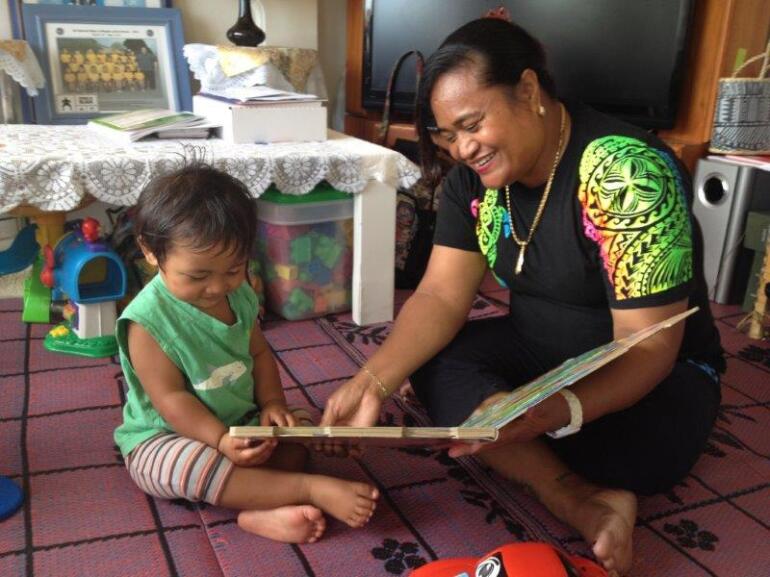News And Events

Oral Storytelling
5 February 2015Children can be exposed to a language rich environment right from birth. As we talk with our infants, sing songs or lullaby’s, and read books together, children are learning about the sound that letters and words make.
As children grow and develop, they will start to ask questions and share their own thoughts and ideas. We can support children with their developing language by acknowledging their contribution to a story, or retelling of an event, by allowing them the time to convey their message in an unhurried, peaceful environment. Activities to support language development include sharing stories from books, creating plays with characters, sharing stories about what your child enjoys doing, creating your own books with images from around your home or local environment, scrapbooking with your child contributing to the story behind the photos, rhymes, poetry, songs and creating your own verses.
Engaging in a wide variety of language genre encourages children to be imaginative, creative, and to experiment with how words are put together. Oral storytelling is a traditional way many cultures around the world pass down knowledge, values, and beliefs. We can support children by engaging in oral storytelling ourselves as we pass on knowledge of our wider whānau, ancestors, where we’ve come from, where we are now, and where we might go together in the future. Sharing and talking about this provides our tamariki with a sense of belonging as they learn about who they are, and the people and land that they’re connected to.


